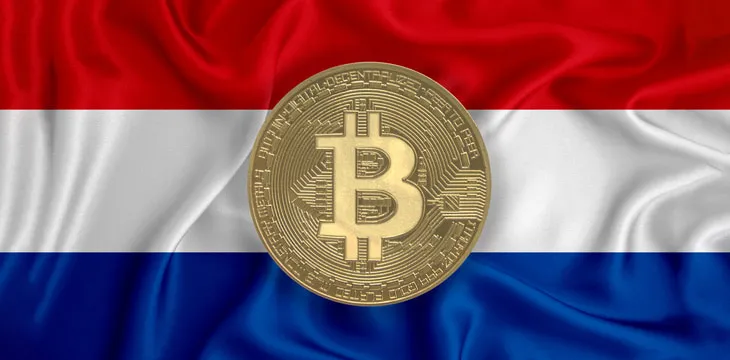|
Getting your Trinity Audio player ready...
|
The Netherlands will not be lenient on digital asset regulations just to attract investors, the country’s financial watchdog has stated.
In an op-ed for the local daily newspaper Het Financieele Dagblad, the head of the Dutch Authority for Financial Markets (AFM), Laura van Geest, blasted digital assets and pledged a consistently tough approach to Bitcoin regulations.
Van Geest compared the rise of digital assets to Tulip Mania. However, she observed that the Tulip Mania didn’t threaten the entire financial industry as it was limited to a niche market. Digital assets, however, are becoming increasingly intertwined with mainstream finance and threatening financial stability.
“We as the AFM have always opted for discouragement,” she noted.
She believes that “cryptos aren’t good news.” These assets are “difficult to fathom, vulnerable to deception, fraud and manipulation,” and they derive their value solely from speculation, she added.
Like many of its European counterparts, the Netherlands has yet to implement a comprehensive regulatory framework for the industry. As Van Geest noted, it’s awaiting the Markets in Crypto Assets (MiCA) framework to take effect.
However, she believes that MiCA has not addressed all the pitfalls of digital assets. It doesn’t require platforms to provide transaction reports, nor does it rein in digital asset lending. Still, the Dutch watchdog pledged to enforce MiCA to protect investors, despite noting that most Dutch investors had placed less than €1,000 ($1,068) in digital assets.
Van Geest insisted that AFM will not be lenient in its approach just to stay competitive and attract Bitcoin companies. She believes that those who choose to set up operations in the Netherlands do so because of AFM’s reputation of being tough but fair.
In recent years, several jurisdictions have made it clear they intend to adopt a Bitcoin-friendly stance to attract investment. The latest is Hong Kong, a city-state that believes it can lure companies fleeing China and other tough regulatory environments globally.
But while Van Geest says digital assets are prone to crimes, two of the country’s largest banks have been implicated in some of Europe’s largest money laundering scandals. ABN AMRO agreed to pay $574 million in a settlement over its charges in 2021, with ING Bank paying a record $900 million three years prior.
Watch: The Future World with Blockchain

 07-09-2025
07-09-2025 





